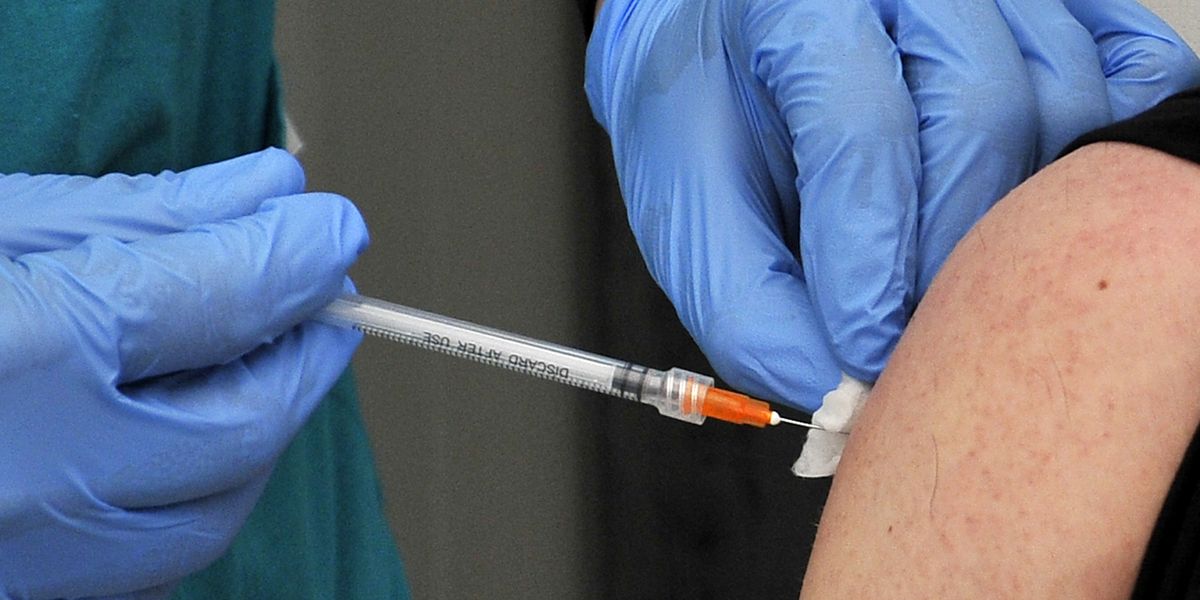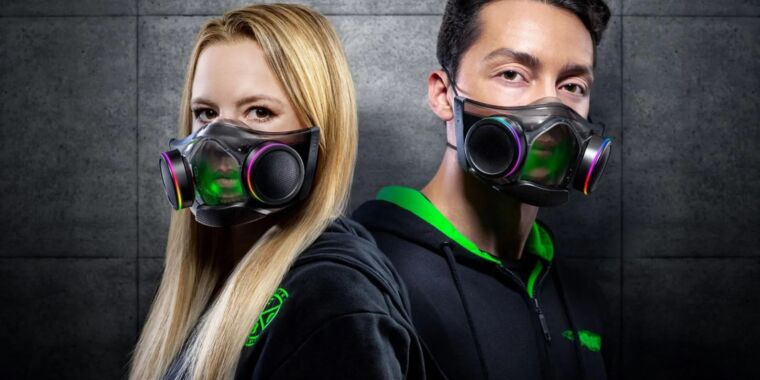

What distinguishes a heart attack from many other health conditions is the immediacy and seriousness of its impact.
However, the potentially deadly event does not always announce itself with a big bang.
The reality is people can notice subtle heart attack symptoms months before an actual event occurs, explains Sutter Zi-Jian Xu, a cardiologist in the Sutter Health network.
Doctor Xu emphasises this point when discussing heart attack symptoms and prevention with his patients.
As he explains, these subtle changes often leave people second-guessing what they just experienced.
“We might pause at these moments and wonder if it’s time to hightail it the doctor or if this is normal.”

Subtle changes leave people second-guessing what they just experienced, warns doctor
Getty Images
What do these subtle early warning signs look like?
Dr Xu says the majority of patients experience somewhat typical symptoms, such as radiating chest pain, heaviness or discomfort, heart palpitations, cold sweats, and shortness of breath.
Others — women more so than men — will experience some atypical symptoms as well, which may include fatigue, a general sense of unease, vague discomfort, back or abdominal pain and declining stamina, he says.
“Both types of symptoms can be experienced months before an actual heart attack occurs,” he warned.
Research suggests one particular symptom is more common than others.
A study published in Cureus found chest pain to be the most common sign of a heart attack, with 68 percent of people experiencing it prior to the event itself.
Almost half (32 percent) experienced the symptom more than one month before the potentially deadly event.
This was followed by chest heaviness at 44 percent, palpitations at 42 percent, shortness of breath at 34 percent, and chest burning at 27 percent. Unusual fatigue in 23 percent and sleep disturbance in 22 percent of the patients were also reported.

How to respond
The NHS says to call 999 immediately if you think you might be having a heart attack.
The faster you act, the better your chances.
“If aspirin is available and you are not allergic to it, slowly chew and then swallow an adult-size tablet (300mg) while you wait for the ambulance,” advises the health body.
Aspirin helps to thin your blood and improve blood flow to your heart.
24World Media does not take any responsibility of the information you see on this page. The content this page contains is from independent third-party content provider. If you have any concerns regarding the content, please free to write us here: contact@24worldmedia.com

Do you believe the Covid vaccine had negative side effects? VOTE HERE

Latest Google layoffs hit the Flutter and Python groups

‘Women’s rights have been attacked constantly!’

Here’s your chance to own a decommissioned US government supercomputer

AWS S3 storage bucket with unlucky name nearly cost developer $1,300

FTC fines Razer for every cent made selling bogus “N95 grade” RGB masks

Apple confirms bug that is keeping some iPhone alarms from sounding

Roundtables: Inside the Next Era of AI and Hardware

Supplements: Ginkgo biloba boosts memory